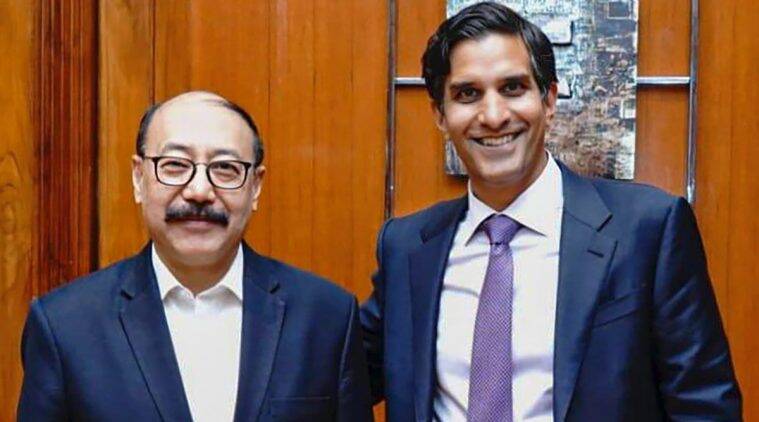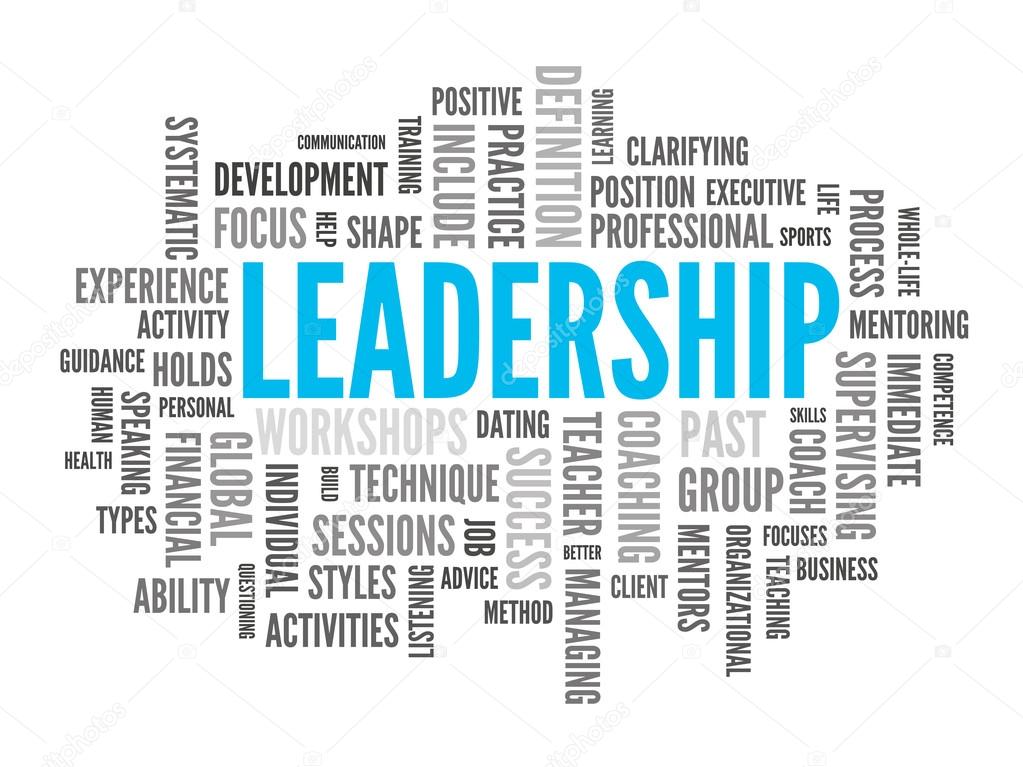If China breaches LAC again, Russia won’t help, says US Deputy NSATruss-Jaishankar faceoff over sanctions: ‘most Russian oil buyers in Europe’

If China breaches LAC again, Russia won’t help, says US Deputy NSATruss-Jaishankar faceoff over sanctions: ‘most Russian oil buyers in Europe’
Daleep Singh, an Indian-American official and the brains behind the US sanctions against leading Russian figures including President Vladimir Putin and Lavrov along with top Russian officials and oligarchs, met senior officials in the Prime Minister’s Office, Finance and External Affairs ministries in Delhi.
An unscripted sharp exchange Thursday between External Affairs minister S Jaishankar and his counterpart, visiting British Foreign Secretary Liz Truss, highlighted the divergences between New Delhi and London on the issue of sanctions on Russia.
With Secretary Truss listening, Jaishankar said that talk of sanctions “looks like a campaign” and it was Europe that was buying more oil from Russia than before the war.
While the British Foreign Secretary repeatedly talked about Russian aggression, Jaishankar did not name Russia in his statements during the 45-minute panel discussion at the first India-UK Strategic Futures Forum, jointly organised by Indian Council of World Affairs and Policy Exchange. This followed a bilateral meeting.
In response to questions on India buying oil from Russia at discounted rates, Truss said: “I have outlined the UK’s approach to sanctions and the fact that we are ending our dependence on Russian oil by the end of this year…India is a sovereign nation. I’m not going to tell India what to do. What I have said is as a member of the UK Government that has signed up to the Budapest Memorandum, I feel a strong responsibility on behalf of the United Kingdom to take all the action we can, to support the people of Ukraine but that is not the same as going around telling other countries what to do”.
Jaishankar responded by underlining that in March, Europe had bought 15 per cent more oil and gas from Russia than it did the month before. “If you look at the major buyers of oil and gas from Russia, I think you’ll find most of them are in Europe. We ourselves get the bulk of our energy supplies from the Middle East, about 7.5-8 pc of our oil from the US in the past, maybe less than percent from Russia.”
He said that India’s purchases were based on the economic imperative. “When oil prices go up, I think it’s natural for countries to go out into the market and look for what are good deals for them. But I am pretty sure if we wait two or three months and actually look at who are the big buyers of Russian gas and oil, I suspect the list won’t be very different from what it used to be. And I suspect we won’t be at the top 10 of that list,” Jaishankar said.
On how China will behave seeing Russian aggression, she said, “I have spoken to my Chinese counterpart Wang Yi. China is clear that it respects Ukraine sovereignty, and that is an important principle that as a member of the P-5 and a responsible nation, China needs to stick to. And therefore we shouldn’t see China supporting Russia’s actions in Ukraine.”
On the imperatives of taking a moral position, Jaishankar drew parallels with the situation in Afghanistan last year and said that how Europe was not affected the same way as India was due to the turn of events in August last year, when Taliban took over the country.
Jaishankar said: “I would say some of it also depends on proximity. Some of it depends on how strongly a particular country or society relates to what is happening. And again, the example I would use is Afghanistan…I think what we saw happening in Afghanistan last summer had a very, very strong impact here, certainly in India. I probably would say it didn’t have the same impact in Europe. I think people didn’t necessarily relate to, to the coming of the Taliban the same way. They didn’t identify with the people who are affected in the same way. So you know, the truth is that, many of us have similar or shared beliefs, values, but there is ability to relate, the ability to identify, some of it is proximity… the intensity of the reaction may not be the same all over the world.”

.jpg)

